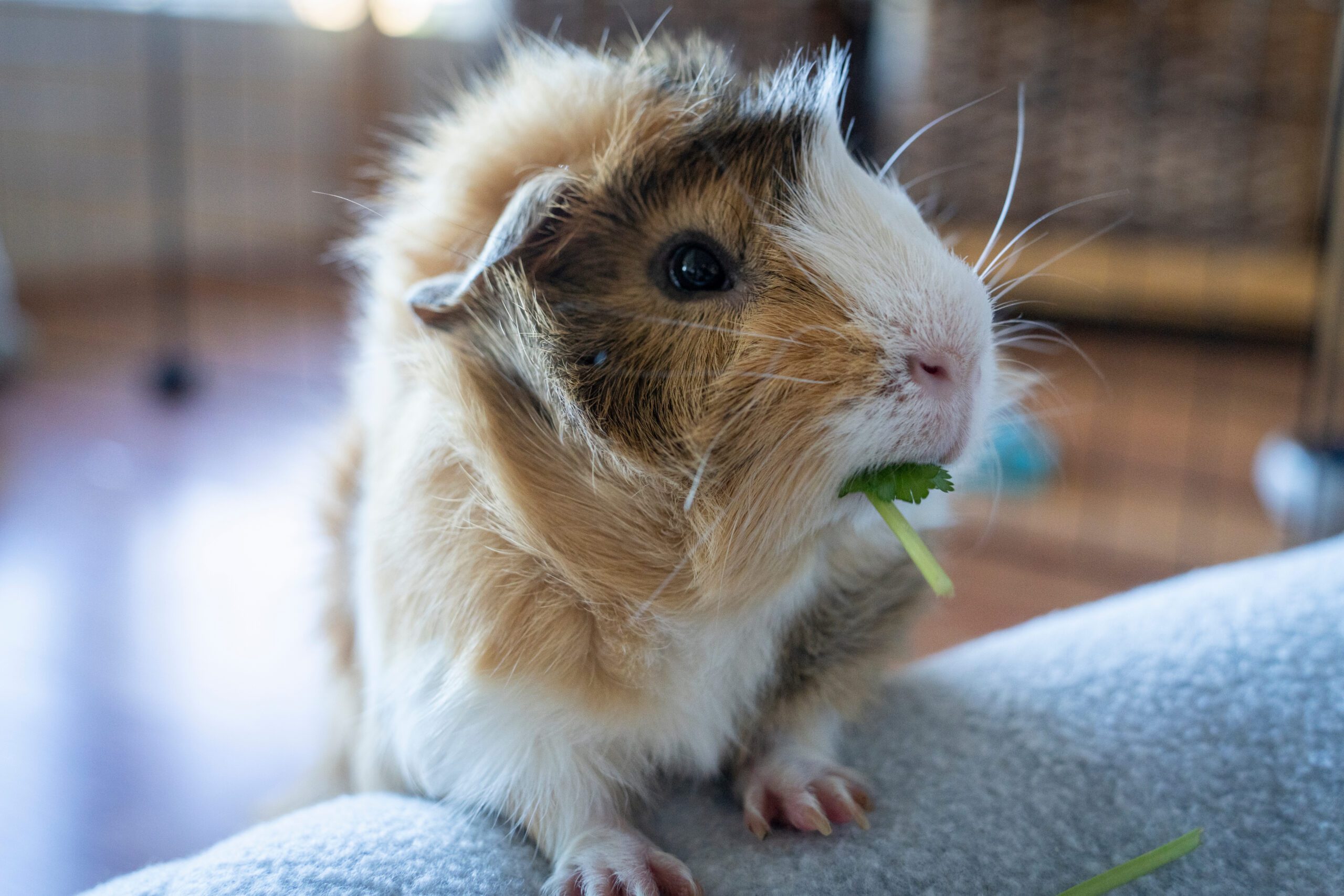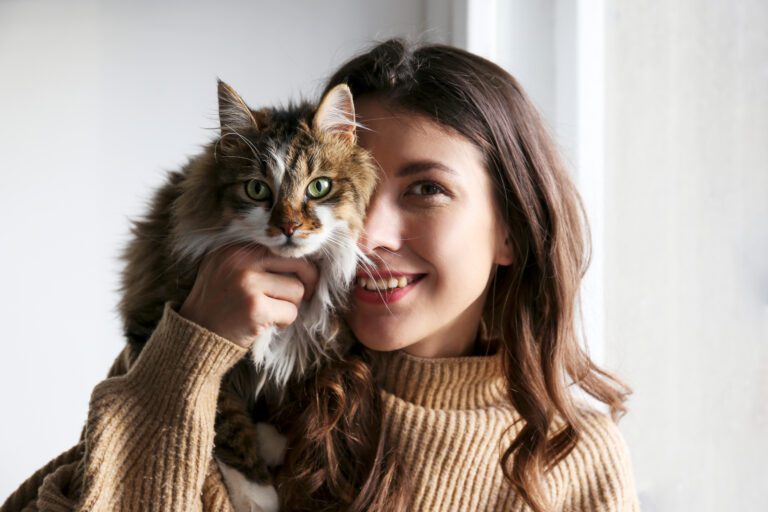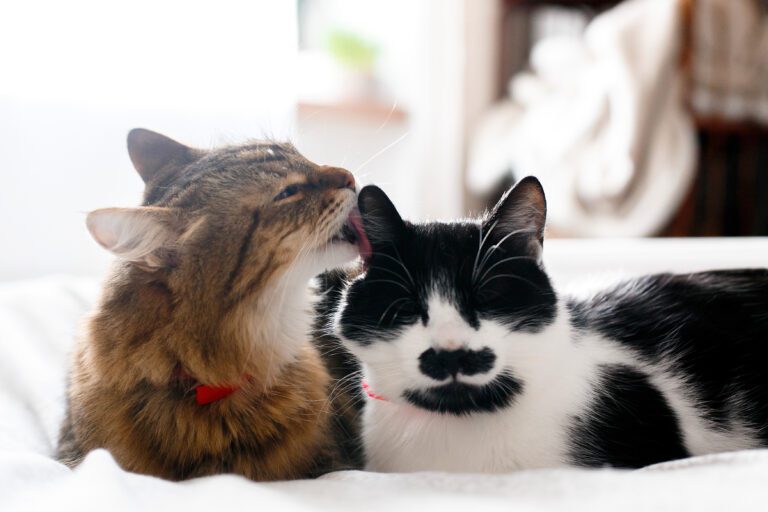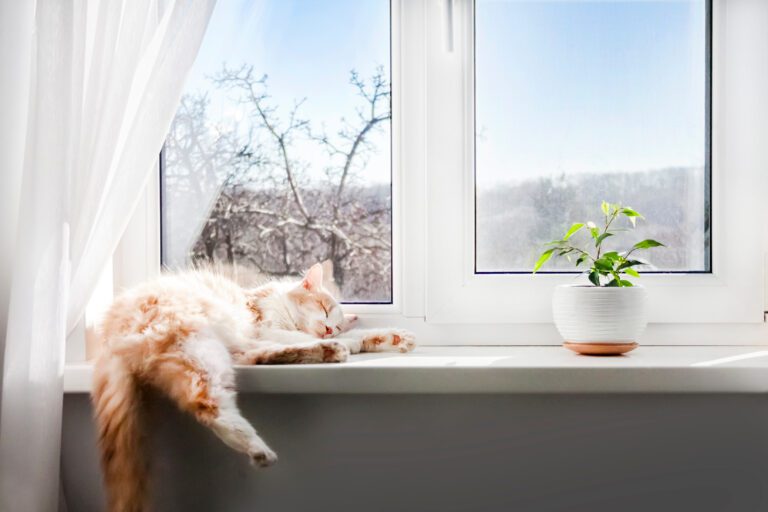Bringing a small rodent pet into your life is a delightful experience filled with joy and companionship. As responsible pet owners, it’s crucial to provide our little furry friends with a well-balanced diet to ensure their health and happiness. This blog post aims to guide you through the world of human food that can safely be incorporated into your small rodent’s diet, while emphasizing their specific dietary needs.
1. Understanding Nutritional Needs
Before delving into suitable human food options, it’s essential to recognize that small rodents have unique dietary requirements. They require a mix of fresh vegetables, high-quality commercial pellets, and a limited amount of fresh fruits to maintain optimal health. Fiber, protein, fat, vitamins, and minerals should be incorporated into their diet in proper proportions.
2. What You Can Feed Small Rodents
While it’s tempting to share a portion of your meal with your adorable pet, it’s important to remember that their digestive systems differ from ours. Here are some safe and healthy human food options that can be added to your small rodent’s diet:
- Vegetables: Offer a variety of leafy greens such as kale, spinach, and romaine lettuce. Carrots, bell peppers, cucumber, and broccoli florets can also be included, but in moderation
- Fruits: Small amounts of fruits like apples, bananas, strawberries, and blueberries can be given as occasional treats. Remove any seeds or pits and ensure the fruit is fresh and ripe before you feed your pet
- Grains: Whole grains like cooked rice, oats, and small amounts of whole wheat bread can provide additional nutrients and variety
- Proteins: Small amounts of lean, cooked meats such as chicken or turkey can be offered occasionally. Avoid any seasoned or processed meats
- Nuts and Seeds: Small amounts of unsalted nuts and seeds like almonds, pumpkin seeds, and sunflower seeds can be given as treats. However, be cautious as some nuts can be high in fat.
- Do you have a pet rabbit? Click here to learn what you can feed them!
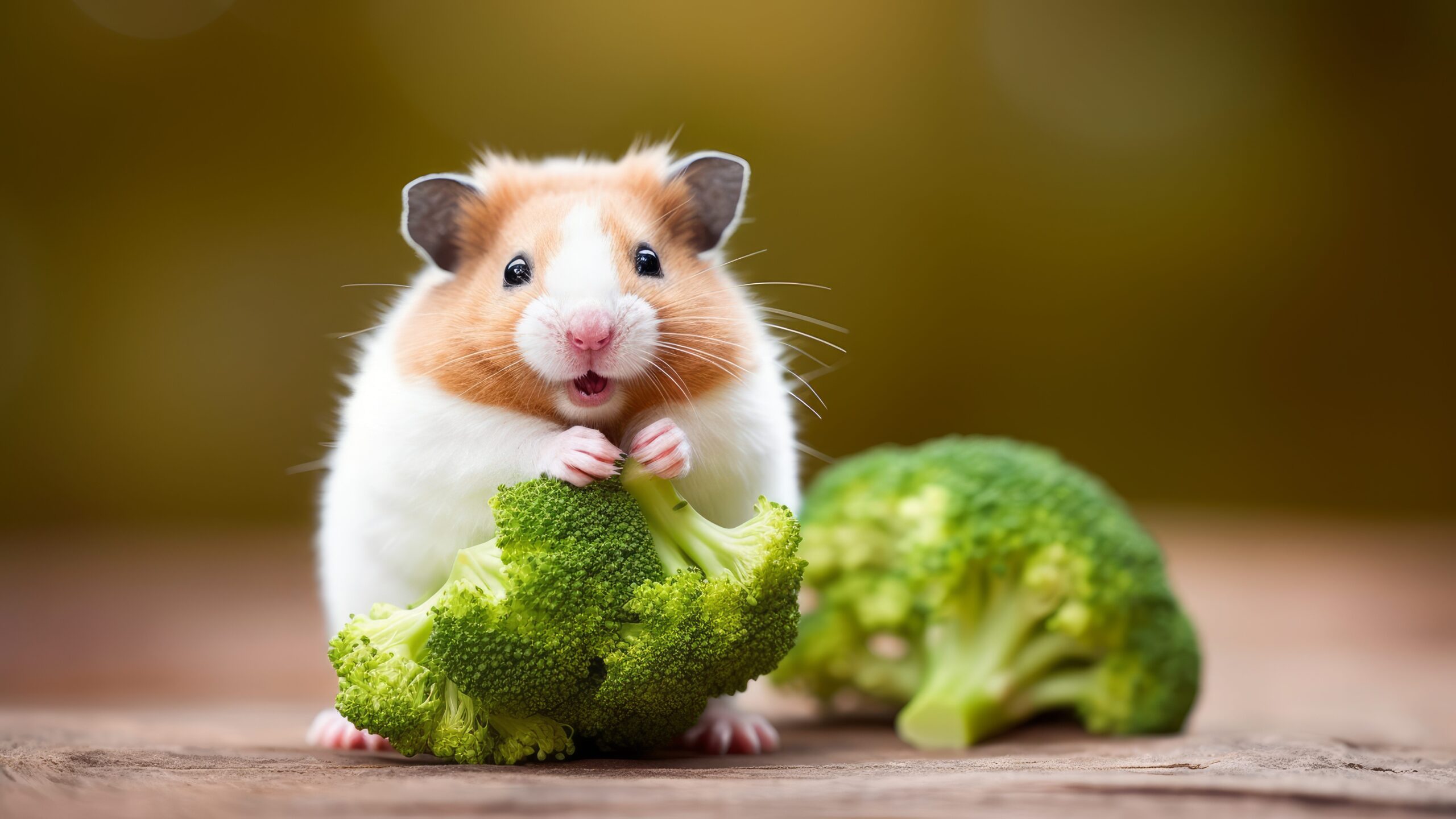
3. Foods to Avoid
While many human foods are safe for small rodents, there are certain foods that should never be included in their diet:
- Chocolate: Chocolate is toxic to small rodents and should be kept far out of their reach
- Dairy Products: Small rodents lack the necessary enzymes to digest lactose, so dairy products like milk, cheese, and yogurt should be avoided
- Citrus Fruits: The high acidity of citrus fruits can upset your pet’s sensitive digestive system. It’s best not to feed them oranges, lemons, and grapefruits
- Sugary and Processed Foods: Sweets, sugary snacks, and processed foods can lead to obesity and other health issues. They should be strictly avoided.
4. Water & Pellets
Alongside a varied diet of safe human foods, it’s crucial to provide your small rodent with high-quality commercial pellets formulated specifically for their species. These pellets ensure they receive the necessary balance of nutrients. Additionally, always provide fresh, clean water in a sipper bottle to keep them hydrated.
Feeding your small rodent pet a healthy diet plays a vital role in their overall well-being. By incorporating safe human foods into their diet while adhering to their specific nutritional needs, you can ensure they enjoy a diverse and balanced menu. Remember, moderation and variety are key to keeping your furry friend happy, healthy, and content for years to come.



